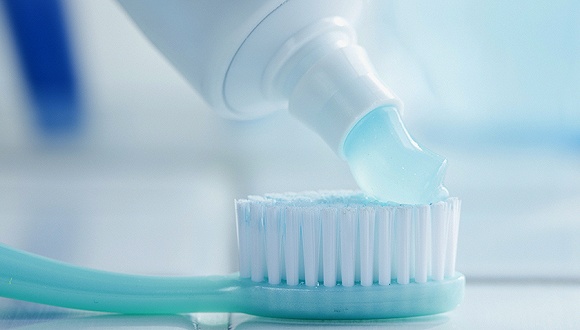
 CONTACT
CONTACT
- Linkman:Linda Yao
- Tel: +8618231198596
- Email:linda.yao@dcpharma.cn
- Linkman:CHARLES.WANG
- Department:Overseas
- Tel: 0086 0311-85537378 0086 0311-85539701
Antimicrobial Agent ε-Polysine Hydrochloride, used in Daily Chemical Products
TIME:2024-07-25
The antibacterial effect of ε-polylysine hydrochloride in daily chemical products is mainly reflected in its broad antibacterial spectrum and excellent antibacterial performance. It significantly inhibits various microorganisms, including Gram-positive and Gram-negative bacteria, yeasts, molds, and viruses. Its broad antibacterial spectrum makes it highly valuable in daily chemical products, effectively preventing microbial contamination during product use.
Excellent Antibacterial Performance
·Heat Resistance: ε-Polylysine hydrochloride has good thermal stability and does not decompose in high-temperature environments (such as 121℃ for 30 minutes). Thus, it can participate in the thermal processing of daily chemical products, ensuring that the antibacterial effect is not compromised.
·High Water Solubility: ε-Polylysine hydrochloride is easily soluble in water, making it easier to use and evenly distribute in daily chemical products, enhancing the antibacterial effect.
·Wide pH Range of Use: ε-Polylysine hydrochloride has strong antibacterial ability under pH conditions ranging from 2 to 9. This characteristic allows it to be suitable for different types of daily chemical products, including those used in various pH environments.
·Strong Synergistic Effect: When used in combination with other daily chemical ingredients (such as surfactants, moisturizers, etc.), ε-polylysine hydrochloride can produce a synergistic effect, further improving the antibacterial efficacy of the product.
Applications in Daily Chemical Products
Based on the excellent antibacterial performance described above, ε-polylysine hydrochloride is widely used in various daily chemical products, such as:
·Oral Care Products: Toothpaste, mouthwash, etc. It can effectively inhibit bacteria in the mouth and prevent oral diseases.
·Personal Cleaning Products: Soap, hand sanitizer, body wash, etc. Adding ε-polylysine hydrochloride to these products can enhance their cleaning and antibacterial effects, protecting skin health.
·Household Cleaning Products: Kitchen cleaners, floor cleaners, etc. Adding ε-polylysine hydrochloride to these products can kill surface bacteria and molds, maintaining a clean and hygienic home environment.
·Hygiene Products: Women's sanitary napkins, baby diapers, etc. Adding ε-polylysine hydrochloride to these products can effectively prevent bacterial growth, protecting the health of users.
ε-Polylysine hydrochloride has a broad antibacterial effect and excellent antibacterial performance in daily chemical products. It can effectively inhibit the growth and reproduction of various microorganisms, protecting the quality of products and the health of users. Therefore, adding it to daily chemical products is a highly effective antibacterial method.
- Tel:+8618231198596
- Whatsapp:18231198596
- Chat With Skype







